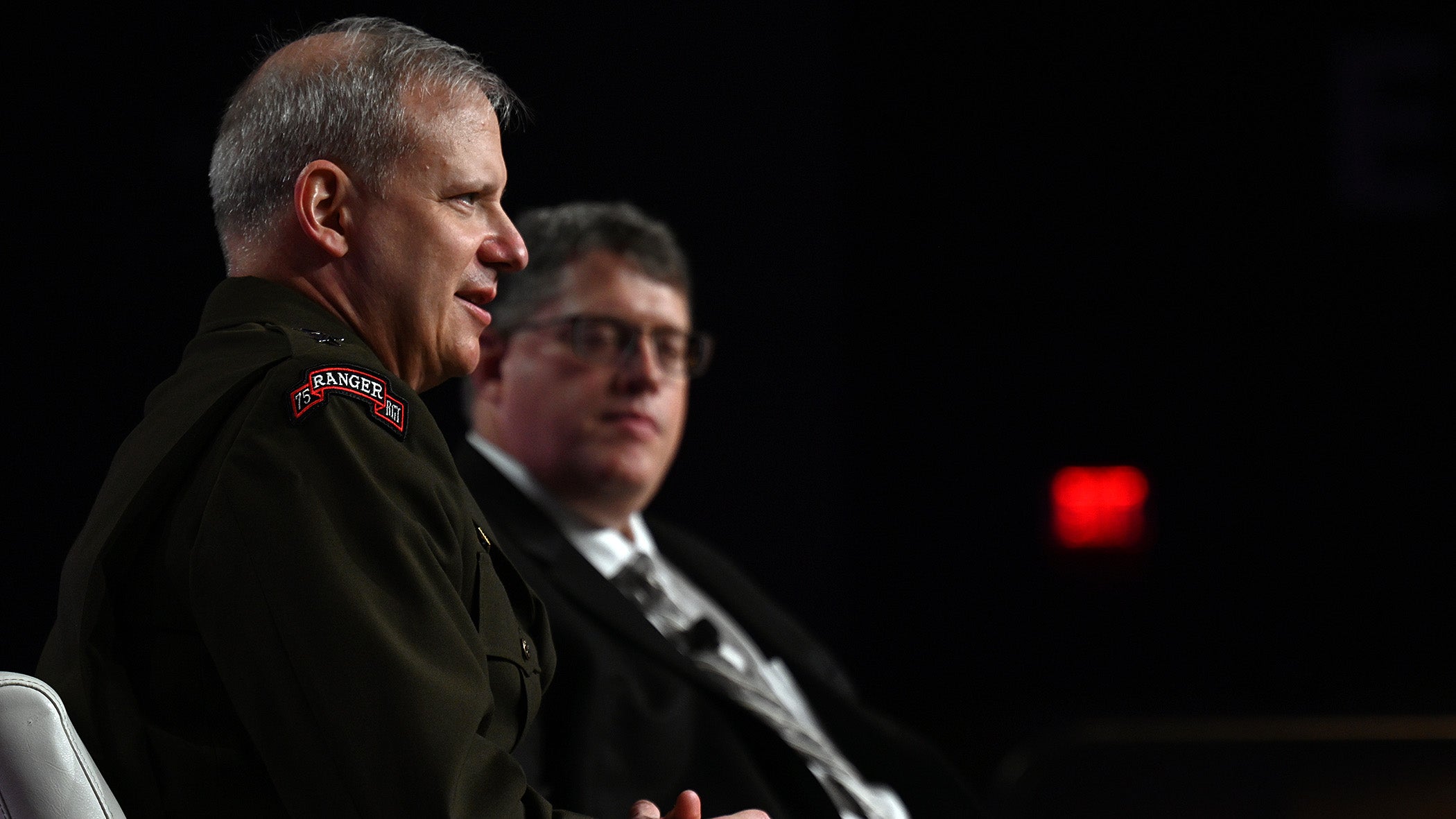Military Faces ‘Exponentially More Dangerous’ Threats
Military Faces ‘Exponentially More Dangerous’ Threats

Lt. Gen. Scott Berrier, the Defense Intelligence Agency director who is soon to retire, told a Senate committee that the world has dramatically changed during his 39 years of Army service.
“In 1984, it was a bipolar world,” he said. “The United States and our partners [were] in a Cold War with the USSR,” he said, speaking of the Union of Soviet Socialist Republics that formed in 1922 in the aftermath of the Russian revolution to combine 15 republics into a one-party state. It was the world’s largest country until its fall in 1991.
In his first assignment, Berrier was a battalion intelligence officer in Alaska. “Our mission was to protect critical infrastructure from raids by Spetsnaz, elite Russian special forces, on oil pipelines. My 23-year-old self did not think much of that mission,” he told the Senate Armed Services Committee on May 4 in what is expected to be his final congressional testimony as an Army leader. “In retrospect, that was an important mission then, and protecting critical infrastructure is an important mission today.”
Berrier, who received his commission through ROTC in 1983, has served as DIA director since October 2020.
“The difference is the threat landscape is exponentially more dangerous today than 1984,” he said. “We are now in a tripolar world with strategic competition at the forefront.”
The past year has been especially dangerous, he said, revealing that competitors “are emboldened and that they are attempting to forcefully recast the rules-based international order and challenge U.S. interests.”
Russia, China, North Korea and Iran have posed different challenges, Berrier said. Russia launched an “unprovoked and unjustified full-scale invasion of Ukraine,” he said. China has displayed “military assertiveness” in the Indo-Pacific, North Korea has launched an “unprecedented” number of missiles, and Iran has “directed acts against U.S. forces in the Middle East,” he said.
China is DIA’s top priority, Berrier said. “Beijing is expanding its global influence and stepping up its multidomain pressure campaign against Taiwan, as observed by its sharply increased rhetoric and military activity over this past year,” he said, predicting it will continue to challenge the U.S.
“The United States now faces a multifaceted security environment in which authoritarian regimes are testing our resolve through their provocative military actions, developing capabilities to hold the homeland at risk, and showing greater risk tolerance for potential escalation,” Berrier said.

